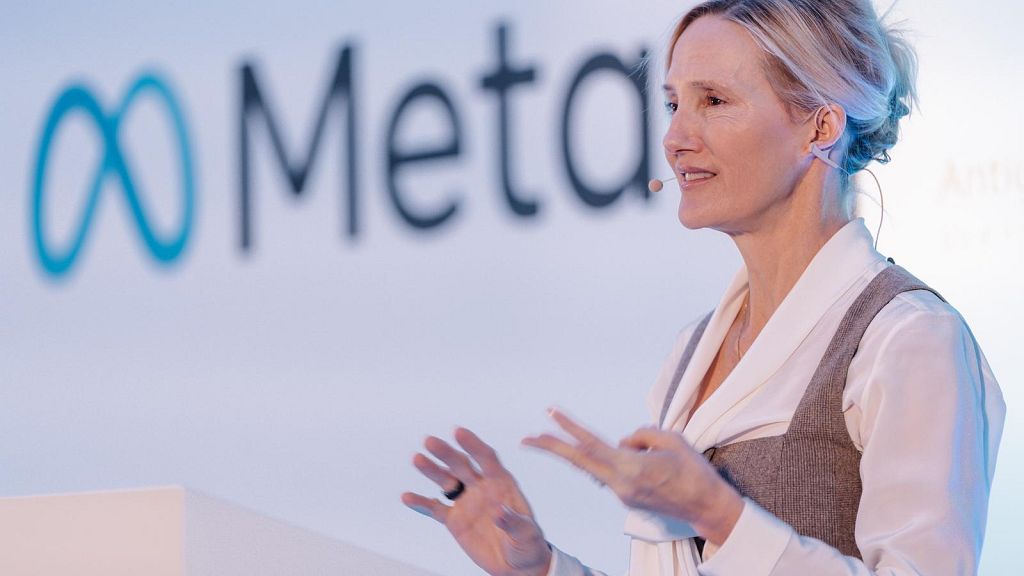“In the ever-evolving digital landscape, the internet, a utopia of endless information and connectivity, has become a breeding ground for concerns over online safety. The anonymity of the online world has led to a pressing issue – ensuring the safety of our most vulnerable demographic: our children. The age-old question of how to verify the age of online users has sparked a heated debate, with the world’s tech giants caught in the crosshairs. In a surprising turn of events, Meta, the parent company of Facebook, is taking an unprecedented step – lobbying Apple and Google to take over age verification for young people online. But what does this mean for our children, and what are the implications of this potential shift in the online safety landscape? In this article, we’ll delve into the intricacies of Meta’s proposal and what it could mean for the future of our digital world.”
Utah Leads the Way

Utah has taken a significant step in ensuring age verification for young people online by passing a law that requires app stores to confirm users’ ages. This law necessitates app stores to verify age with government-issued IDs or deny access altogether, setting a precedent for other states to follow.

Federal Legislation on the Horizon
Lawmakers in the House and Senate are preparing to introduce legislation similar to Utah’s, which could have a significant impact on the tech industry and age verification laws as a whole.
The EU and US Perspectives
Meta’s Vision for Online Child Protection
Meta’s VP and Head of Global Safety, Antigone Davis, emphasized the need for an age verification system directly at the app store level, stating that “implementing age verification at the operating system or app store level will help ensure that we create an ecosystem that’s safe for teens.”
The EU and US share a common priority of protecting minors, with the European Union pledging to find solutions and standards across EU member states for identity and age verification in the Louvain Declaration.
Meta’s Safeguards for Minors
Teen Accounts and Parental Control
Meta’s new teen accounts allow parents to control the time spent on the app, monitor who the teen is messaging, and filter the type of content shown to their child.
Additionally, notifications are turned off in the evening, so after 10 pm notifications are off, allowing teens to take a break and get a good night’s rest, as their parents would like.
Protecting Teens from Harmful Content
Meta’s approach to protecting young people from political content and sensitive materials, such as triggers related to eating disorders, is to no longer show diet ads to teens.
Davis also discussed Meta’s approach to protecting teens from bullying, stating that it was a top priority for the company to prevent the bullying of teens on the platform.
Conclusion
In conclusion, the recent reports of Meta lobbying Apple and Google to take over age verification for young people online have sparked a critical conversation about the responsibility of tech giants in ensuring the online safety of minors. As we’ve discussed, Meta’s proposal raises concerns about data privacy, and the potential for biased and discriminatory age verification methods. Moreover, it highlights the need for a comprehensive and industry-wide approach to address the complexities of age verification. The significance of this issue cannot be overstated, as it directly impacts the well-being and online experiences of young people, who are increasingly vulnerable to online harms.
As we move forward, it is essential that policymakers, tech companies, and civil society organizations work together to develop and implement effective age verification measures that prioritize their safety, privacy, and dignity. The implications of this issue extend beyond the digital realm, influencing the broader social and cultural landscape. Ultimately, the future of online safety for young people depends on our collective ability to prioritize their well-being and create a safer, more equitable digital environment.

